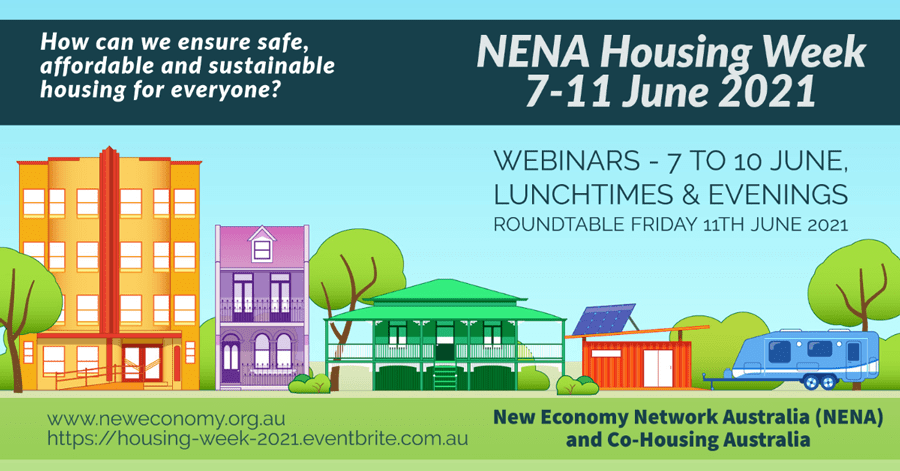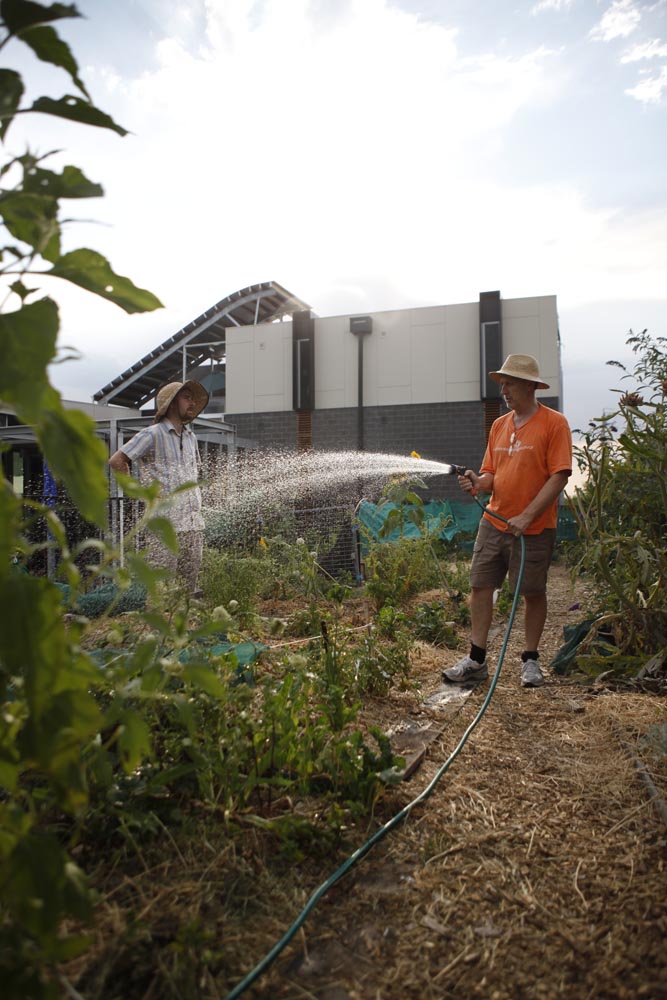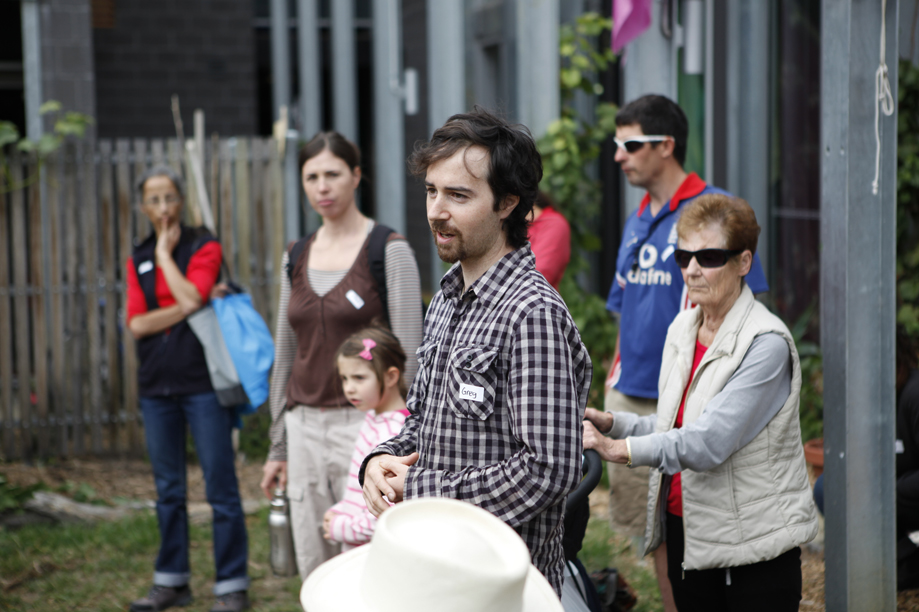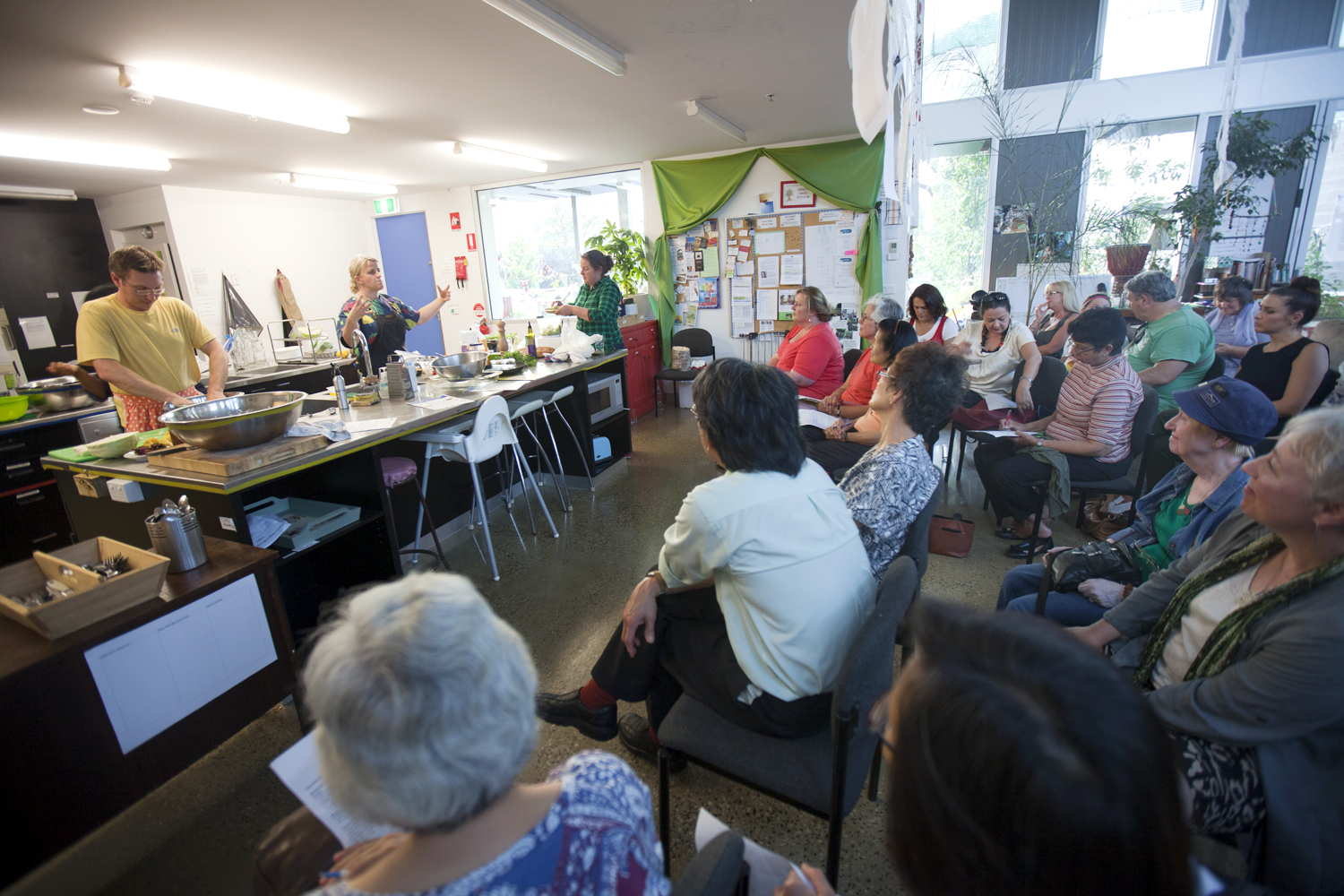Webinars
This page contains past webinar records on various topics that aims to help communities and stakeholders grasp the root of Cohousing.
Schedule of future Webinar will also be updated regularly.
June 2021
NENA Housing Week in partnership with Co-Housing Australia

NENA Housing Week featured two professional session in the area of Cohousing, discussing the availability, affordability, design and sustainability of Australia’s housing and human settlements. One of the goals of the Housing Roundtable discussion is discuessed to identify key actions to include in NENA’s Civil Society Strategy for a Wellbeing Economy especially in the area of existing and establishing cohousing communities. Session 1 illustrated multiple example of Cohousing with their history of development. Session 2 focus on different model of different with how to allocate finance and legal structure.
Session 1: FINDING SOLUTIONS – COOP HOUSING, TINY HOUSES AND CITIZEN LED CO-LIVING
Video Click Here
Session 2:FINDING SOLUTIONS – INNOVATIVE FINANCING AND LEGAL MODELS
Video Click Here
Presentation slide 1 Click Here
Presentation slide 2 Click Here
May 2021
We live in a world divided by private ownership.
Yet hidden within the market paradigm lie a set of commons, forms of mutual responsibility and governance that challenge or subvert the limits of private property.
This webinar with Elena, Jose and Ian will explored how we can translate, even operationalise, the notion of the commons to promote cohousing and broader forms of mutualism.
Session Time: Monday, 17th of May, 2021
7:30pm – 9pm
For more information about this past webinar, please sign up at: Click Here

April 2021
Collaborative living at Narara
A slack group open to friends at narara but not living at Narara
It is designed to help people share lots within Narara
Stage two will hopefully include
Audio: Coming soon…
Session Notes: Coming soon…
March 2021
Strata titles & Cohousing
The most viable legal title for co-housing is strata and/or community title because it allows land to be subdivided into individual, freehold title housing lots (an apartment, house, vacant lot) and collectively owned common property (stairs, lifts, parks, communal kitchen, food forest, etc). Registration of a plan of subdivision automatically creates a governing body corporate, made up of all owners, and the use of common property and privately owned lots is regulated by by-laws. This legal structure allows residents to freely buy and sell their own homes, while simultaneously allowing the collective to create rules and obligations for community living. Using the community title legislation, it is even possible to restrict communities to particular groups of people.
This presentation discussed how strata and community title might be used to create co-housing communities.
Audio: Coming soon…
Session Notes: Coming soon…
Feburary 2021
Audio-Session 1: Coming soon…
Audio-Session 2:Coming soon…

November 2020
Financial pathways to realising your cohousing vision
Karen Deegan, the founder of Built for Good is our guest this month.
Karen took us through the main pathways to finance, and how your community’s vision influences the best types of finance for your group.
Karen has extensive cohousing experience, as a member of NewCoh, cofounder of the Urban Coup, organiser of the NSW cohousing chapter, just as a start.
With Built for Good, she specialises in early setup of collaborative housing projects that aim to change the way we live.
Karen took time from finalising agreements with a forward-thinking construction company for NewCoh to talk to us about different pathways to financing your cohousing project, and how the goals and visions of your group will determine the right financing pathway.
Audio: Coming soon…
PDF note: Coming soon…
October 2020
Being Good Neighbours: Tips and Pitfalls
This session buillt on the session held in July “Turning NIMBY into YIMBY That is From Not In My Backyard to Yes In My Backyard”,
Alison’s book describes how a group of ordinary, extraordinary people turned a bold vision into a flourishing community.
She shared lessons from their experience to create New Zealand’s first cohousing community.
How do you build neighbourhood and broader community support for your Cohousing Project.Discussion / Could include:
Exploring the benefits of getting neighbours on broad before you hand in planning permit/DA so can avoid objections to your proposal
How to have conversations/engage with neighbours before you go through the formal planning process.
What are the skills and processes for engaging with neighbours and the broader community
How to be good neighbours when you shift in
Audio: Click here
September 2020
Working with a Cohousing Project Manager
Project managers are critical to guide throughout the whole cohousing process.
But how should we co-opreate with them? What advices should we seek from project managers?
What are some of the timeframes and critical path we needed to monitor?
Audio: Click here
August 2020
Being Smart about design 2
What is it like for an architect to work with a cohousing group?
What special considerations, challenges, and opportunities exist for architects and cohousers when embarking on the process of designing their new homes?
Nick James, Design Director of Architecture architecture, who worked with Urban Coup taught us through the project from his end.
We chated about his experiences and reflections on working with Urban Coup and hear more about the details and strategies that worked, lessons learned, and thoughts for the future.
Audio: Click here

July 2020
Turning NIMBY into YIMBY
(From Not In My Backyard to Yes In My Backyard)
Are you interested in cohousing but not ready to move in?
Is there a cohousing project proposed in your area and you aren’t sure if you are onboard with that idea?
This session looked at demystifying cohousing for project neighbours and why cohousing is something you want in your backyard.
For forming groups, how do you build community support and approval; often two of the biggest hurdles to cohousing projects.
Discussion included:
– Exploring the benefits of cohousing for the broader community
– How to have this conversation with councillors, officers, planners
– Identifying who are your community allies and potential NIMBYs?
– What are the skills and processes for engaging with officers and councillors, especially during planning processes.
– Ways cohousing projects can navigate planning controls that meet community expectation and the groups objectives while satisfying council requirements.
Audio: Click Here
June 2020
It’s not all rainbows and unicorns: the joys and challenges of cohousing
Creating an intentional community can be hard work. What are some of the learnings from three groups that have built an intentional cohousing community. What has kept the group together? What is the glue? What are the unexpected things that have made communities come unstuck or caused tension? What are key ingredients to resolving conflict and restoring trust?
Audio: Click here
May 2020
Being smart about design
Participatory design and the cohousing design brief. Lots of time, money and frustration can be saved by being smart with your building design.
In this month’s Cohousing Australia webinar learn about the areas in which building projects can run into cost blow outs as well as considering what you need versus what you want.
Our guests include architects Keith Little and Paul Adams as well as cohousing residents from Urban Coup and WinC who can share their experience of building a co-housing project.
Audio: Click here
September 2019
Webinar: Finding land for a Cohousing Project: tips and pitfalls
Hosts: Planning Policy Working Group
